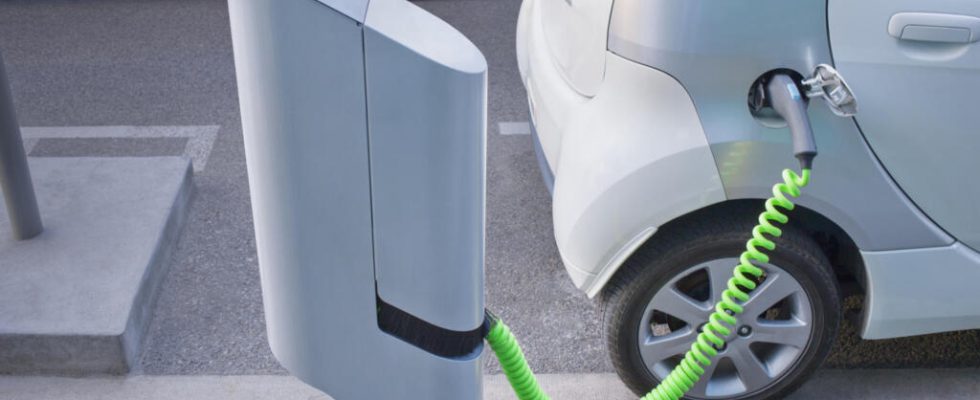Global climate goals are becoming increasingly difficult to achieve as the world remains dependent on fossil fuels, says the new report BloombergNEF, a research firm dedicated to the energy transition created by the financial information agency of the same name. If net zero emissions by 2050 is still possible, the world will have to pay an additional $34 trillion.
1 min
According to The reportto achieve net zero emissions by 2050, sectors ranging from electric vehicles and energies renewables to power grids and carbon capture would need additional support. Problem: the clean energy transition has faced political resistance in recent years, particularly in the United States and Europe.
At the same time, interest rates and inflation remain high. Certainly, the investments that governments and companies are dedicating to the energy transition have jumped by 17% to reach 1.8 trillion dollars in 2023, but more will have to be spent to achieve this.
The report specifies in particular that each car sold from 2034 must be electric. The share of renewable energies in global electricity production must be greater than 50%. Currently, it is only 30%. Green electricity will be crucial to achieving net zero emissions globally.
Read alsoOil and gas companies worsen climate change, according to a hundred NGOs
